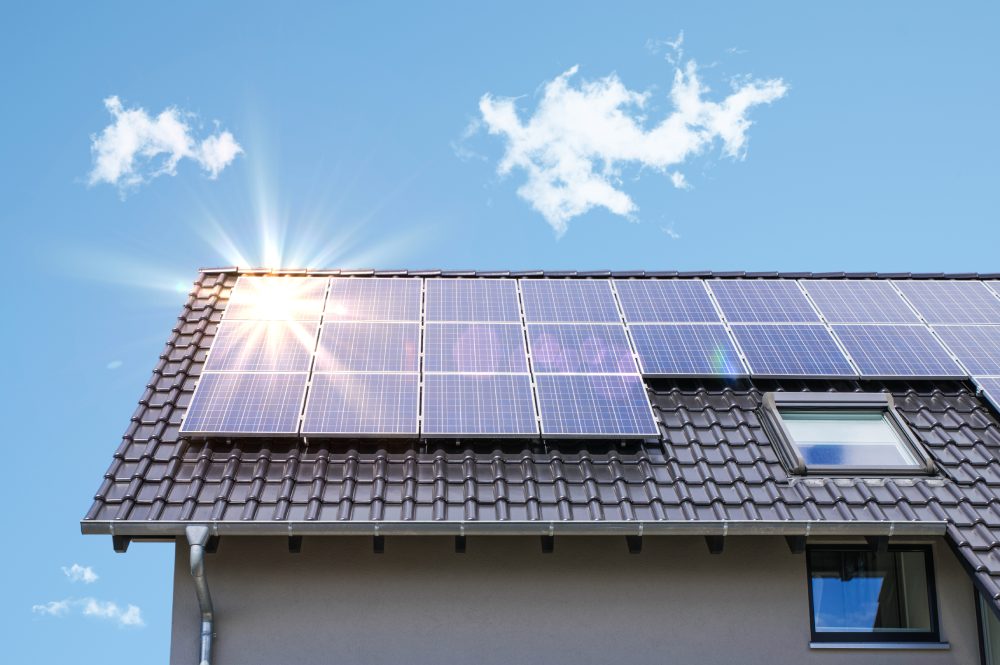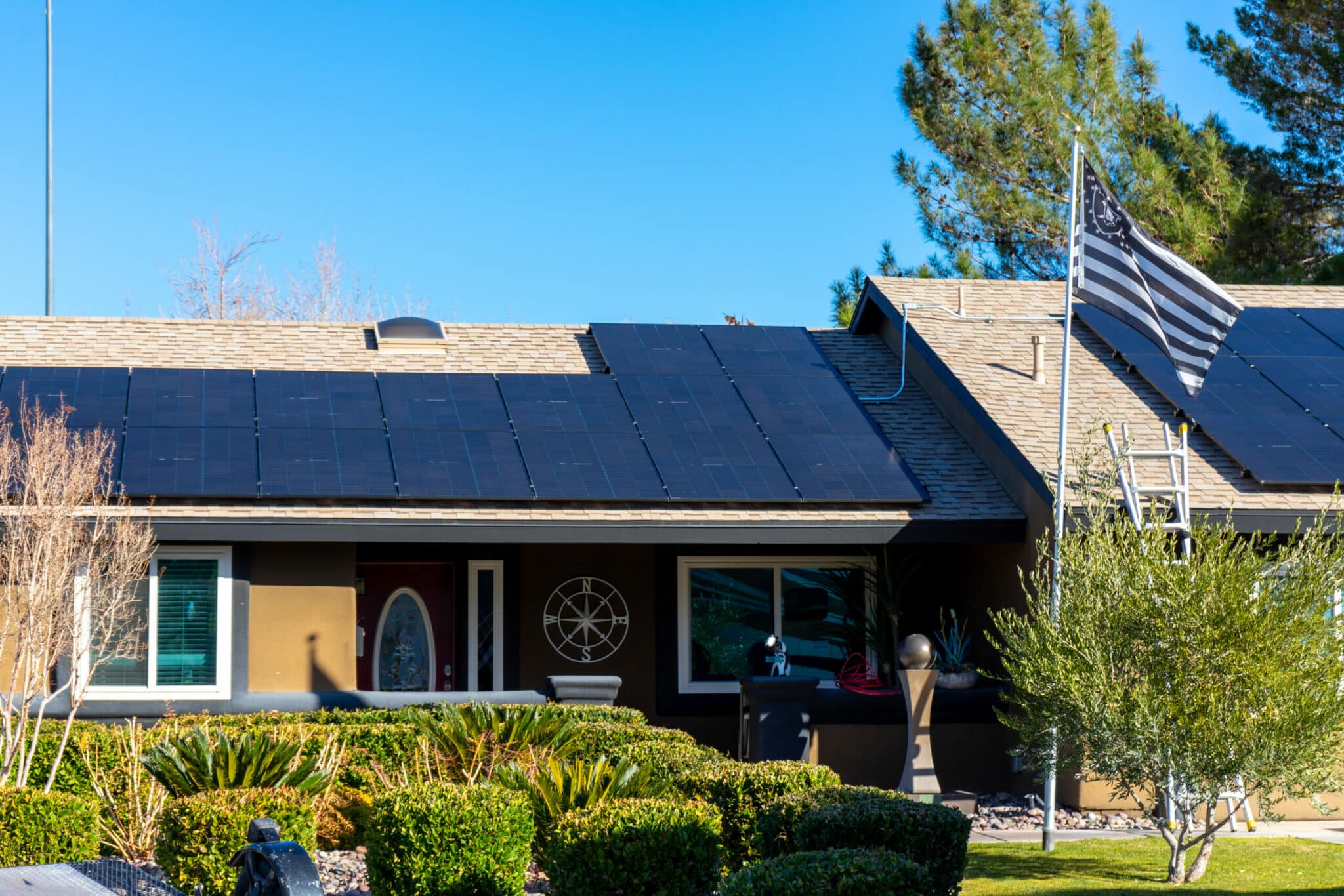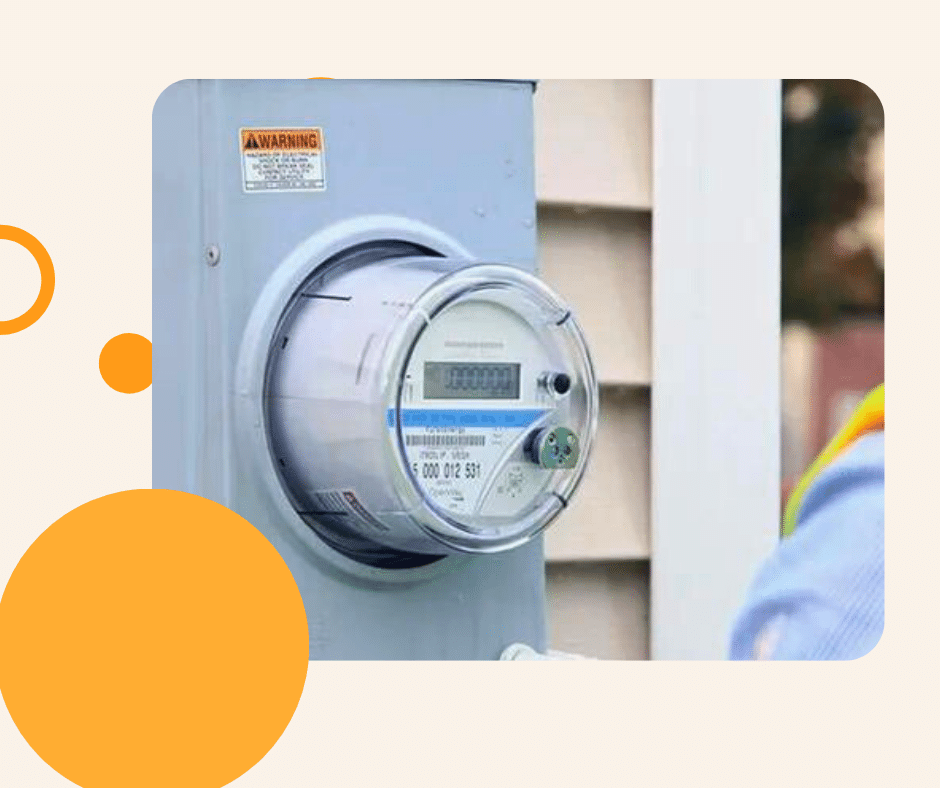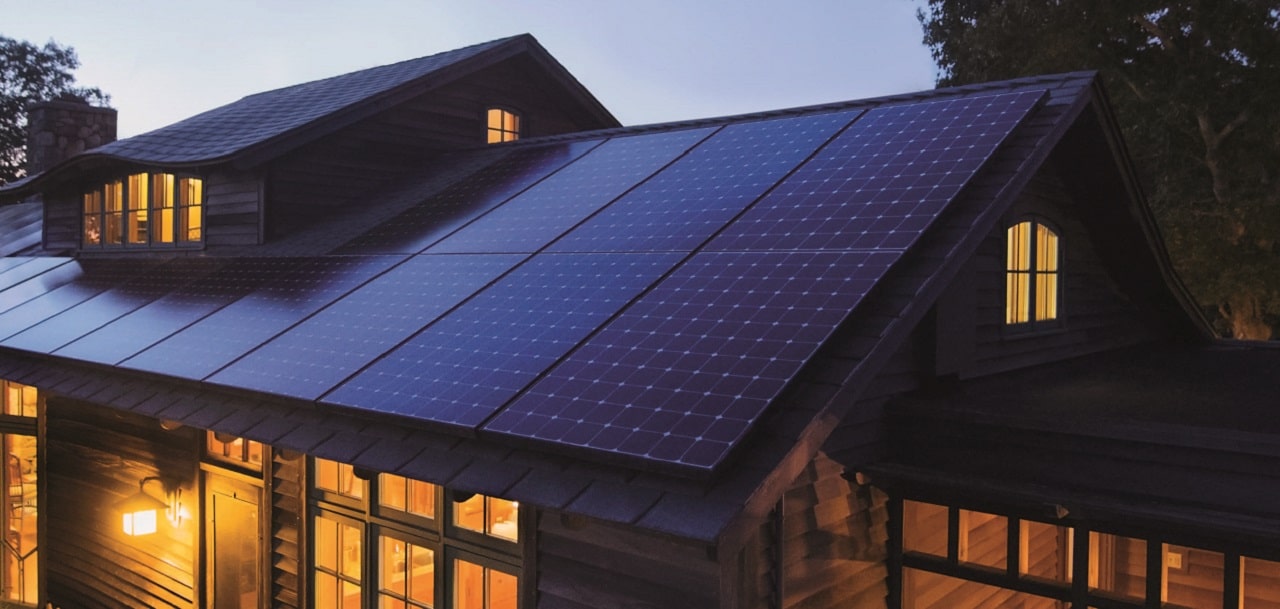Reducing energy costs as well as your carbon footprint are the reasons why most homeowners make the jump to solar. Year after year, more homeowners are finding the benefits of installing solar panels on their homes. And these benefits are not limited to energy usage alone.
There are government rebates for solar system installations that you can take advantage of. While some of these solar panel rebates are provided at a state level, others are incentives offered by the federal government.
Making the move to solar energy in your home or place of business comes with a lot to think about. But there is more to consider than the type of panel and the location of your roof. Consider how government incentives for solar panel installation can work in your favor.
Difference Between Tax Credit and Rebate
When discussing solar installation incentives from the government, it’s common to hear about both tax credits and rebates. And while some states (or the federal government) offer both, it is worth noting the difference.
Tax Incentives
Tax incentives come in the form of deductions to your annual tax bill. Simply put, these incentives reduce the total amount of taxes you owe. In addition to federal tax credits, you can take advantage of state tax credits as well, if they’re available.
Rebates
Different from credits, solar panel rebates work by providing you with a partial refund on a solar system’s costs. Rebates are typically filed with government agencies, utility companies, or other organizations participating in the solar panel rebate program.
Federal Government Incentives for Solar Panels
You have likely heard about the Inflation Reduction Act (IRA), which became law in August 2022. This legislation started quite a bit of excitement since it essentially ensures solar energy systems have a future.
One key function of the IRA is extending the federal tax credit, known as the Residential Clean Energy credit, through 2032. What does this federal tax credit do precisely? It provides a 30% income tax credit for clean energy equipment, whether this means a solar system installation or battery storage unit.
By solidifying this solar incentive on system costs until 2032, solar installers and manufacturers are set to keep the industry alive. And this bodes well for homeowners who want to feel confident about their solar investment.
And though the federal tax credit occupies much of the solar conversation, there’s a lot more to consider. You can find other rebates, especially at the state and local government levels.
State Government Rebates for Solar Panels
There are all sorts of rebates on solar panels given at the state level, but these vary by state. Some states offer very extensive and enticing rebates, while others offer very little, encouraging their citizens to turn to federal tax credits.
If you’re wondering in general how a state solar panel rebate works, again, it varies dramatically. For instance, Massachusetts introduced a rebate on solar panels through a program called SMART (Solar Massachusetts Renewable Target).
This particular solar panel rebate works with participation from the state’s three investor-owned utility companies. The utilities compensate any participating solar system owners for their solar power generation.
In New York State, for example, there is a solar panel rebate program called the Megawatt Block Incentive. It works by providing rebates ($/watt) based on the area, or “block,” of the homeowner.
New Jersey is another example of a state with local government rebates for solar panels. The state’s TRECs (Transition Renewable Energy Certificates) program enables homeowners to earn payments from their electricity companies for solar power generation.
These are only a few examples of government rebates for solar panels, and by no means a complete list. Regardless of your location, it is worth seeing which local rebates on solar panels are available to you.
Take Advantage
There is a great deal of excitement in the solar industry right now because so many homeowners and businesses are considering or actively installing solar systems. This results in better energy efficiency, lower utility costs, and additional claimed tax credits and rebates.
This has also made solar installations more precise, optimizing each home with an adequate source of solar energy. If you’re on the fence about whether to make the move to solar energy, it’s worth reaching out and learning more.
From increasing the value of a home to earning rebates and credits for cleaner energy, there are countless benefits to installing solar panels.
Call today and get a free quote! 1-800-674-9750




